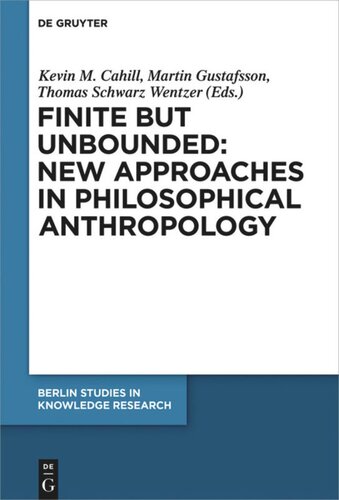

Most ebook files are in PDF format, so you can easily read them using various software such as Foxit Reader or directly on the Google Chrome browser.
Some ebook files are released by publishers in other formats such as .awz, .mobi, .epub, .fb2, etc. You may need to install specific software to read these formats on mobile/PC, such as Calibre.
Please read the tutorial at this link: https://ebookbell.com/faq
We offer FREE conversion to the popular formats you request; however, this may take some time. Therefore, right after payment, please email us, and we will try to provide the service as quickly as possible.
For some exceptional file formats or broken links (if any), please refrain from opening any disputes. Instead, email us first, and we will try to assist within a maximum of 6 hours.
EbookBell Team

5.0
70 reviewsWorld-leading anthropologists and philosophers pursue the perplexing question fundamental to both disciplines: What is it to think of ourselves as human? A common theme is the open-ended and context-dependent nature of our notion of the human, one upshot of which is that perplexities over that notion can only be dealt with in a piecemeal fashion, and in relation to concrete real-life circumstances. Philosophical anthropology, understood as the exploration of such perplexities, will thus be both recognizably philosophical in character and inextricably bound up with anthropological fieldwork. The volume is put together accordingly: Precisely by mixing ostensibly philosophical papers with papers that engage in close anthropological study of concrete issues, it is meant to reflect the vital tie between these two aspects of the overall philosophical-anthropological enterprise. The collection will be of great interest to philosophers and anthropologists alike, and essential reading for anyone interested in the interconnections between the two disciplines.